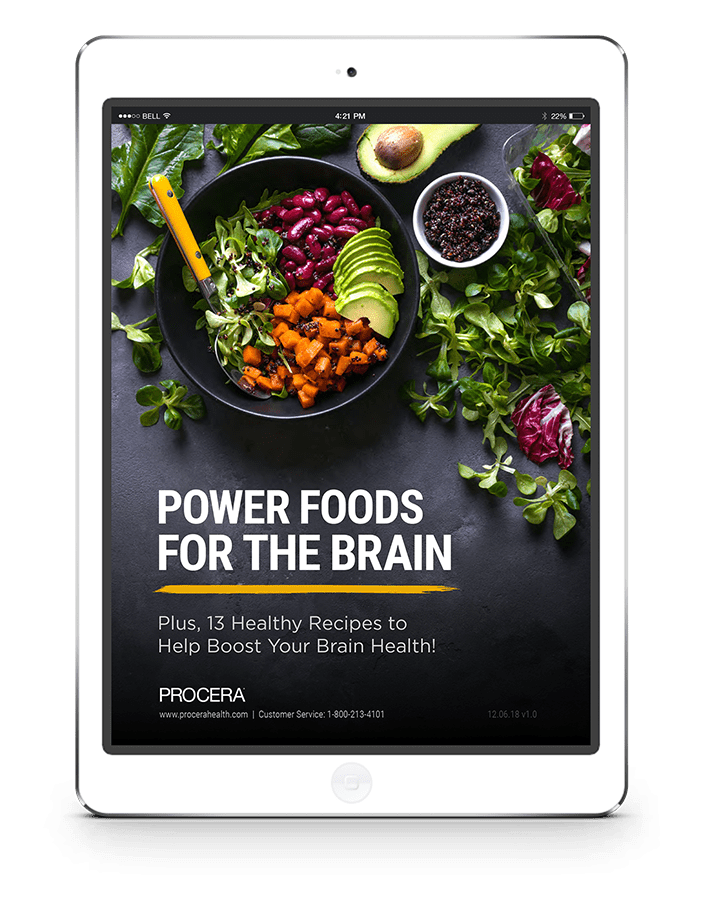
Changes in cognition (memory, information processing, etc…) are strongly correlated to aging. Aging well is driven in part by genetics but also by how well we look after our brain and body. You control your lifestyle!
So what is a brain-healthy lifestyle? Do you ever wonder why some people stay cognitively sharp throughout their life while others don’t? To answer these questions, we’ve evaluated people who remain active physically and mentally and looked at the science of aging.
Science shows that those who live a mentally, socially and physically stimulating life are less likely to come down with serious brain health issues. Many of life’s challenges keep us sharp! Neuroscientist and aging researcher, Prof Mark P. Mattson said that:
“Regular intellectual challenges are critical for brain development and a successful career.”
When faced with inactivity as is so common in our modern-day life, our brains adaptively reduce capacity as part of an energy-saving strategy, leading to age-related brain atrophy. So how do we age well cognitively? Here is a list of 7 ingredients to a healthy lifestyle:
1. Physical Exercise is the Best Exercise for Your Brain
Cleaning the house, making the bed, mowing the grass and gardening are all forms of physical activity. Exercise, on the other hand, is a structured and repetitive form of physical activity that you do on a regular basis. Whatever activity you choose, do it regularly. Aim for at least 30 minutes per day of moderate physical activity inclusive of aerobic, strength and flexibility exercises. Learn more.
2. Eat Less & Lots of Veggies
A healthy diet varies by geography, culture and individual preferences. What sets those who live the longest apart is not the trendy diet but the absence of refined processed foods. The best diet for brain longevity is Mediterranean-style, which has a higher concentration of vegetables than the standard American diet combined with lean meats. This is a good time to reevaluate what you're eating every day. Learn more.
3. Sleep More
Our biological rhythms are determined by the rising and setting of the sun. Modern-day life with its artificial lighting late at night, alarm clocks, tv and smart phones in bed interfere with our natural sleep patterns. Sleep is overlooked and under appreciated. Sleep deprivation impacts cognition, mood, memory, and learning, and may lead to serious brain issues down the road. Make sleep a priority, not a luxury. Learn more.
4. Challenge Your Mind
Research studies show that people who stay mentally engaged in life and constantly challenge themselves to step out of their comfort zone have reduced risk of serious brain health issues. Traditional board games (chess and checkers) and cross word puzzles are best for the brain but innovative on line games can also provide a challenge for the brain.
5. Find Your Place of Calm
Do you remember the beer commercial “Find your beach?” Well there is something to that. Not all stress is bad, but chronic stress can have unhealthy effects. The key to managing stress is to find ways to improve your perceived ability to cope with whatever life throws your way. Take up stress relief practices such as deep breathing, prayer and meditation. These techniques will help you find peace amid the chaos of life.
6. Stay Connected With Family & Friends
Being socially connected to other people protects against stress and challenges our cognitive abilities. When you are socializing, you are thinking, feeling, sensing and reasoning which are all part of your cognitive functions.
7. Find Your Meaning & Purpose
With purpose and meaning comes positive emotions such as love, compassion, and appreciation. These emotions dampen stress and support a healthy brain throughout life. There are possibly many ways to find meaning in life. The people that live the longest (Blue Zones residents) are members of faith communities and find meaning and purpose through spirituality.








.png?width=1350&name=Procera%20Logo%20W%20Tagline%20White%20(3).png)
Comments
Add Comment